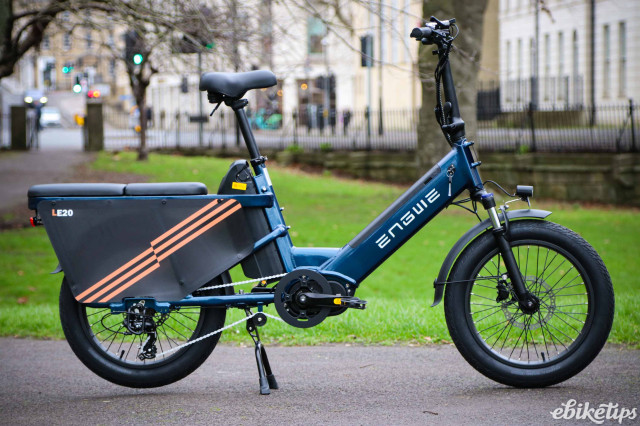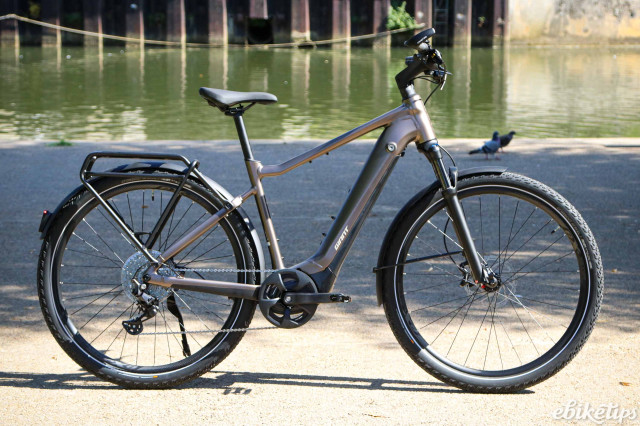The West of England Combined Authority’s (WECA) e-scooter trial has now seen one million rides since it was launched in October 2020. More than 370,000 car journeys are said to have been replaced, however cycling and walking charity Sustrans has expressed concern that the vehicles are also being used where people would previously have walked.
ITV reports that 31 per cent of the trips on Voi e-scooters in the region would otherwise have been undertaken by car. A larger proportion – 44 per cent – would have been walked.
The majority of rides are taking place in city centres where people are using them to shop and run errands.
Railway stations are one of the most popular locations to start and end rides, suggesting that users are using e-scooters to complement public transport journeys.
A Weca spokesperson said: “Launching any new form of transport will inevitably see some trips migrate from other ways of travelling, however, it’s important to remember that e-scooters are being trialled nationally to understand how they could form part of a wider transport network.
“We know that longer term the most important thing is to have a variety of sustainable transport options available.
“We continue to invest in alternatives to give people choices so they continue to replace car journeys to reduce carbon emissions and improve air quality.”
Jon Usher, from Sustrans, commented: “While we support alternatives to using a car for short journeys in Bristol, this data shows that half of e-scooter trips in the city would have been walked or cycled before the trial was introduced – a similar outcome to what we’ve seen in e-scooter schemes across Europe.
“By swapping active travel for e-scooters, we’re removing the health benefits that come from walking or cycling those journeys.
“This decline in physical activity will not only impact our health, but it can have an economic impact on the city.”





